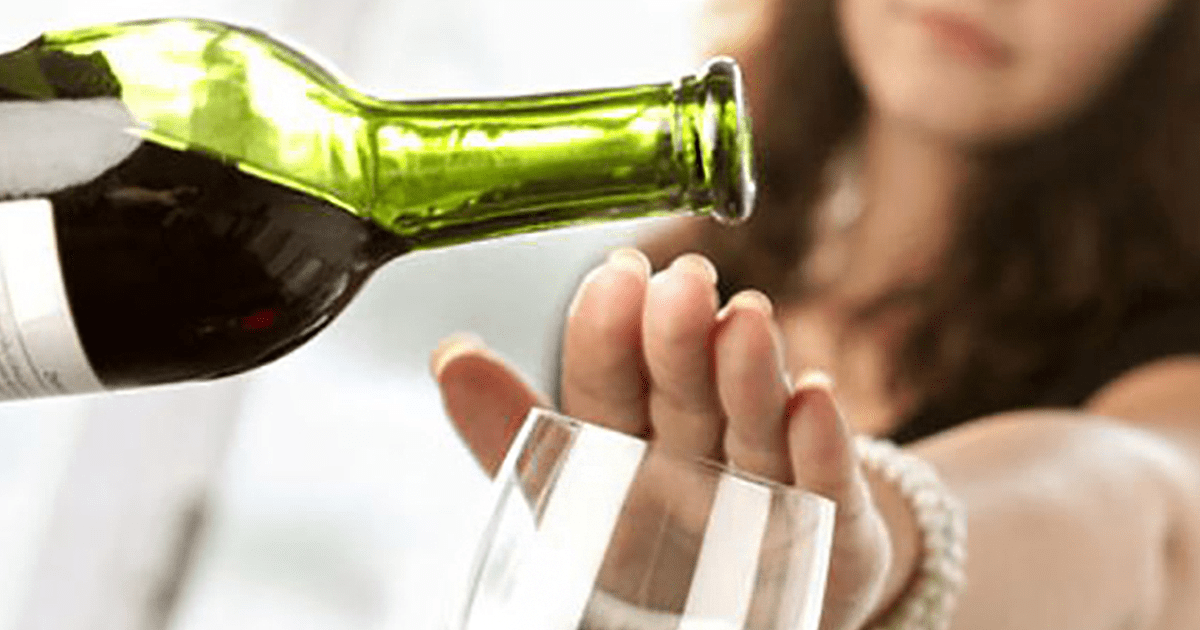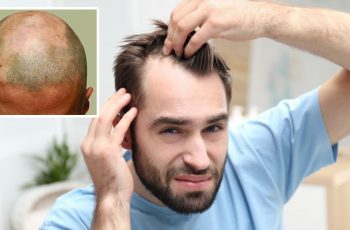Indulging in a few glasses of wine in the evenings or partying with friends on the weekend seems harmless. However, even a moderate amount of alcohol can have a serious impact on your health.
The good news is, many of the negative effects can be reduced or reversed by giving up booze. The following are some health improvements you may experience when you kick the alcohol habit.

WHAT HAPPENS WHEN YOU GIVE UP BOOZE
- Your exercise efforts will produce better results
Alcohol consumption provides excess calories which can be a major setback. For example, one margarita can contain as much as 300 calories, the equivalent of a McDonald’s cheeseburger.
Even a shot (1.5 ounces) of spirits like tequila or vodka has over 100 calories.
Stopping for Happy Hour means you’ll have a lot of extra calories to work off at the gym, bringing you father from reaching your fitness goals. Whether its weight loss or muscle strengthening, alcohol can interfere and slow down your post-exercise recovery.
Next time you take a walk or jog, jump on your bike or lift weights, try skipping the alcohol so you’re burning the calories that already need to go.
- Your skin will start to glow
Your skin may become clearer and more hydrated the longer you avoid alcohol consumption. The reason for this is that alcohol is a diuretic, which means it causes you to urinate more often. Booze will also decrease the body’s ability to reabsorb water. This combination can significantly dehydrate your body after drinking.
Your liver removes toxins from the body, and alcohol interferes with this normal function. The more toxins that build up in your body, the more it shows on the outside and may cause redness and dryness in your skin.
Eliminating the consumption of alcohol can clear up skin problems and conditions such as dandruff, rosacea, and eczema.
- You’ll be happier
Drinking alcohol often makes you feel happy and euphoric, but technically it is classified as a depressant. The reason for this is that alcohol obstructs your central nervous system (CNS). A main function of the CNS is to control your emotions. As this becomes impaired, any underlying negative emotions tend to come out. So the initial euphoric feeling will typically be overpowered by the emotional pain you are trying to cover up.
A high risk of depression and anxiety has been linked to drinking alcohol, most likely due to the impairment, it has on your CNS.
Giving up booze will bring your system back to a normal state and you’ll be able to find your inner balance much easier.
- You’ll wake up energized
Alcohol disturbs your normal sleeping patterns, but the science behind it is a bit tricky. At first, alcohol acts as a sedative. This is why people can easily doze off after having one drink.
If you drink alcohol regularly your brain becomes tolerant of the sedative effects, resulting in lighter phases of sleep during the night. This becomes a problem over time as your body needs deeper sleep for appropriate rest and healing.
It may be tempting to increase alcohol consumption to achieve that initial sedative effect. Over time the problem worsens and the only way to break the cycle is to stop drinking, especially before bedtime. Eventually, your body will reset and you’ll experience the proper sleep you need to get through the day.
- Your liver will thank you
Liver diseases caused by alcohol affects more than 2 million Americans every year. This is a disturbing amount considering that these diseases are entirely preventable.
Most of the alcohol you drink gets broken down by your liver. This process creates toxic by-products that are even more harmful than alcohol, as they damage liver cells, promote inflammation and weaken your immune system.
It only takes a few days of excessive drinking to start damaging your liver. Eliminating alcohol will prevent any further damage. Prior damage cannot be completely reversed but quitting will help support your liver and reduce your disease symptoms.
- You’ll make healthier food choices
A study from 2004 found that the consumption of alcohol raises your levels of gelanin, a hormone that increases your appetite. This specific hormone increases your desire for fatty foods.
Individuals who drink excessively are known to display poor eating habits like not choosing healthy food options and overeating. It may be the combination of impaired judgment and altered hunger hormones, but those who drink the most have the poorest eating habits.
A sober lifestyle will help clear your mind and balance your hormones. You’ll make better choices such as skipping fried foods and choosing others that are better for your body.
- You will lower your cancer risk
An increased risk of cancers of the mouth, throat, esophagus, liver, colon, rectum and breast have been linked to alcohol consumption. The more you drink, the higher the risk. Researchers have found this is due to several factors. Alcohol breaks down toxins in the body and also impairs your body’s ability to digest and absorb a variety of nutrients, which cause your body to become weak. In addition, alcohol increases estrogen in your blood, a sex hormone linked to the risk of breast cancer.
Studies show your risk of cancer will gradually decrease after eliminating alcohol.
- You’ll think more clearly
Impaired thinking doesn’t immediately improve once you become sober after drinking. Alcohol disrupts neurotransmitters and normal brain function. These neurotransmitters are chemicals that carry messages between the neurons in your brain to keep it running efficiently. Just one night of heavy drinking can lead to anxiety, depression, memory loss and even seizures.
Consistent alcohol abuse causes damage to your brain cells and shrinks them, resulting in a loss of brain mass. This impacts coordination, mood and cognitive functions such as memory and learning.
Giving up booze for several months to a year may partially correct these changes. Staying sober can also help reverse negative effects that alcohol has on thinking, memory, attention, and problem-solving.
- You may get sick less
Drinking alcohol makes your body more susceptible to unwanted bacteria, viruses, and other diseases. Chronic drinkers have a weakened immune system and are more likely to contract infections such as tuberculosis and pneumonia.
Even one night of drinking too much will negatively impact your body’s ability to fight off pathogens for up to 24 hours. When you quit drinking it helps minimize the burned on your immune system, especially if you are currently fighting off an infection.
- Your overall quality of life will improve
The positive effects of quitting alcohol pose a trickledown effect on your life. Not only will you start to feel happier in general, you’ll sleep better, meet your fitness goals, and just enjoy better health. Not to mention more time and money you’ll have towards more life-enhancing activities.
Americans, on average, spend approximately $457 on alcohol per year. What would you do with that extra money? Buy higher quality, healthier food? Travel with friends? Develop a new hobby? Pamper yourself at the spa more often?
Staying engaged in an active lifestyle promotes better mental health, which helps you in all areas of life. Try eliminating alcohol from your life for an extended period of time and discover what better choices and things you can find to take its place.
If you found this article helpful, please share with friends and family by clicking the button below!




